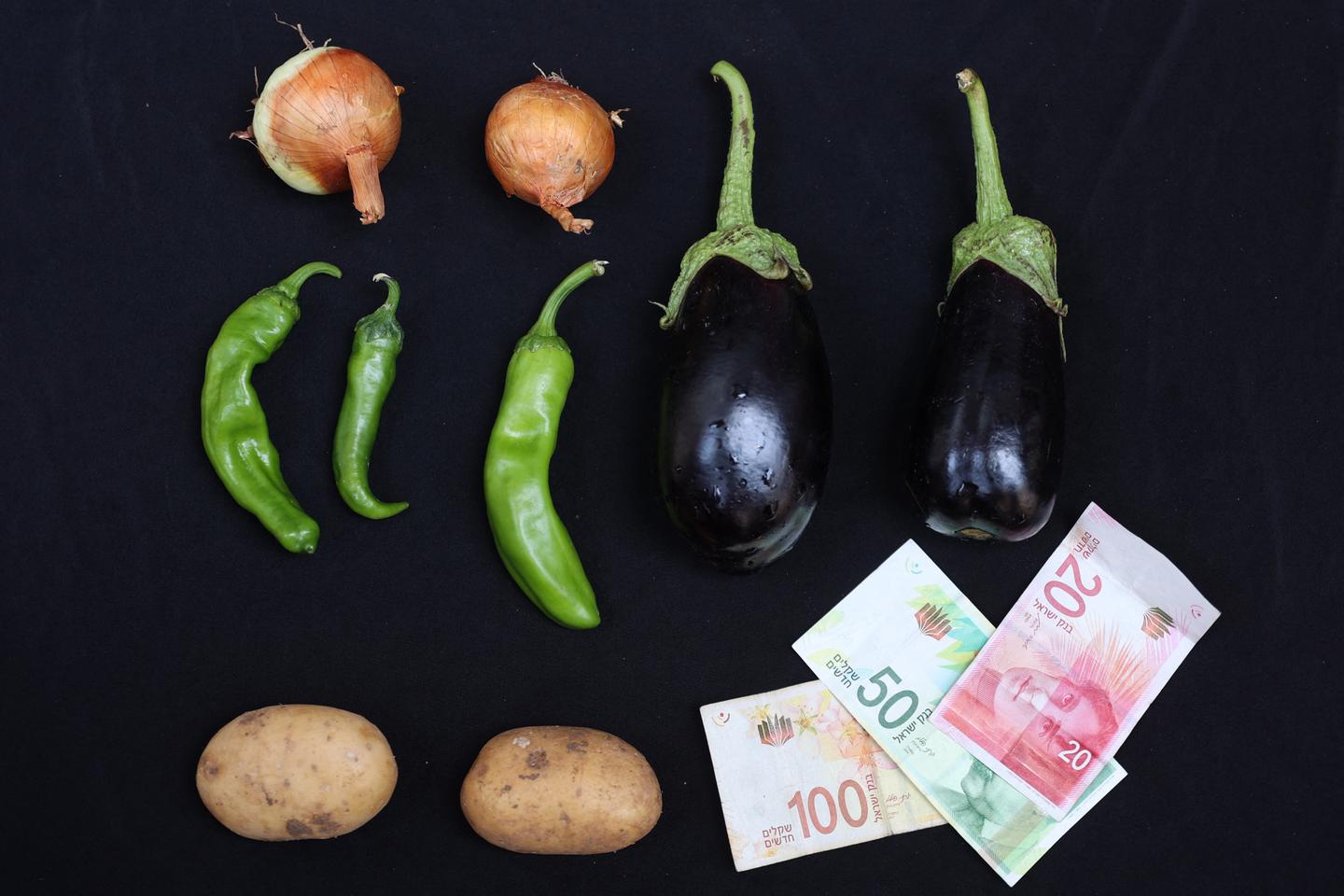


It's worse than a crisis, it's a collapse. One year after the October 7, 2023 terrorist attacks perpetrated by Hamas, Gaza is sinking into a humanitarian crisis, and the West Bank is on the brink of implosion, with soaring unemployment and the Palestinian Authority (PA) on the brink of bankruptcy.
Palestine's economy is suffering a double whammy. In Gaza, where half the households no longer have any source of income, prices have risen by 250% in one year due to goods arriving in dribs and drabs and the exorbitant cost of transport. In the West Bank, where the population has been sinking into poverty since October 2023 and has never needed so much support, the PA's coffers are empty, because Israel – which collects customs taxes from Palestine and must pay them back to the PA every month – is withholding part of them.
The amounts and the reasons given vary from month to month. Israel puts forward the cost of water and electricity supplies and also wants to deduct payments made by the PA to the families of Palestinians detained in Israel or killed in attacks targeting Israelis.
"These deductions are unfortunately completely arbitrary," said Rami Al Azzeh, an economist at the United Nations Conference on Trade and Development (UNCTAD). Every month, they account for between two-thirds and three-quarters of the funds earmarked for Palestine." Since October 2023, these monthly deductions have averaged 500 million shekels (€120 million), compared with 200 million shekels previously, which halves the PA's income, according to World Bank calculations. In early 2024, payments were also delayed. "The PA fiscal crisis reached unprecedented levels in 2024, largely as a consequence of increased Israeli deductions from clearance revenues in the aftermath of the conflict," noted the World Bank, which worries about a "systemic collapse."
Clashes with extremist settlers
Palestine depends on Israel for its survival. Israel accounts for 64.1% of its foreign trade, because, according to Al Azzeh, "administrative and transport costs are such that it is very difficult to export anywhere other than Israel, where most Palestinian goods have to transit anyway." It is also dependent on the Israeli currency, the shekel, and its banking system for international payments. Furthermore, it is dependent on its labor market. The International Labor Organization calculated that 22% of Palestinian workers were employed in Israel before October 7, a figure that has since fallen to 2.3%.
"Agriculture in the West Bank plays a crucial role in absorbing members of the Palestinian workforce that are no longer able to travel to Israel," explained Al Azzeh. "But with the destruction and renewed violence linked to the settlements, this activity has become very complicated and dangerous." Since October 7, at least 680 Palestinians have died in clashes with extremist settlers in the West Bank, according to the Palestinian Ministry of Health, and at least 24 Israelis have been killed. "The economic and security difficulties are such that many West Bank farmers have stopped growing vegetables," stressed the World Bank in a report published in September.
You have 30.68% of this article left to read. The rest is for subscribers only.
